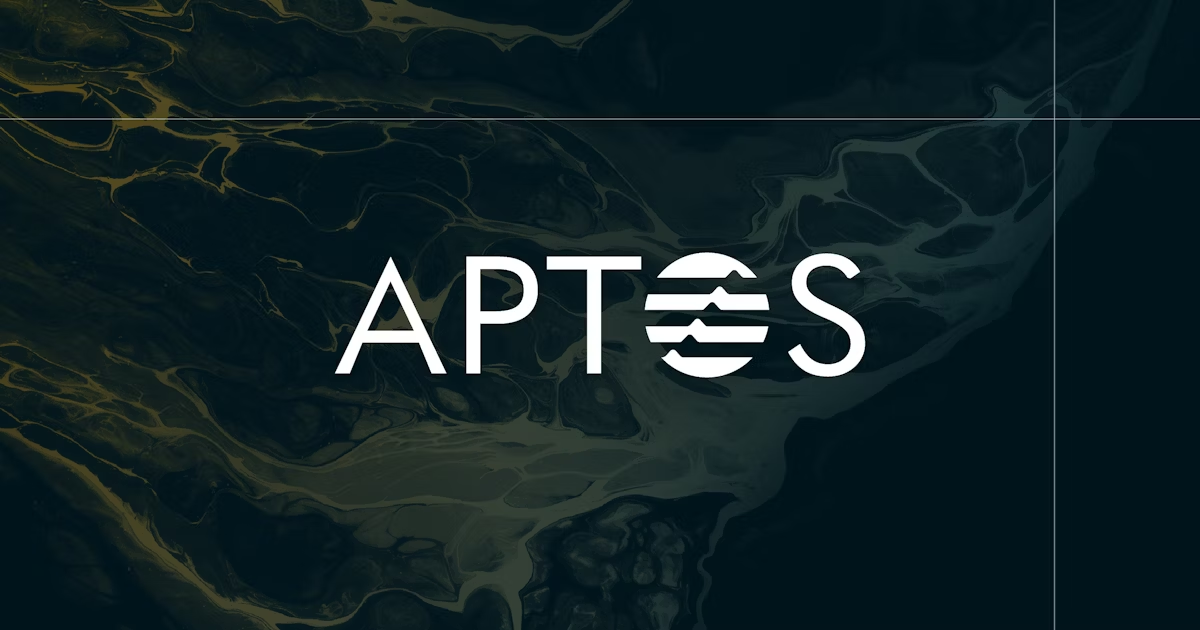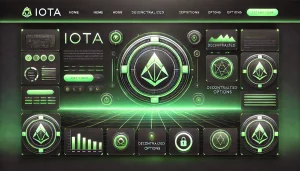- Aptos leverages parallel processing to achieve high throughput, executing up to 160,000 transactions per second with low latency.
- The blockchain’s modular design and the Move language enhance its adaptability and efficiency for decentralized applications.
Aptos blockchain established itself as a high-performance network that can handle complex requests in the crypto industry. Using a parallel and pipelined processing technique, its ability to process around 160,000 transactions per second (TPS) distinguishes it.
From distribution and transaction ordering to their parallel execution and batch storage, this approach lets Aptos carry out several phases of operations concurrently.
With transaction validations in less than one second, this design guarantees not just great throughput but also low latency. Particularly for uses like decentralized finance (DeFi) and gaming that call for quick processing speeds, this degree of efficiency is absolutely vital.
Innovative Architecture and Scalability of Aptos Blockchain
Built on the AptosBFT consensus mechanism grounded on Byzantine Fault Tolerance, Aptos’s distinctive architecture is This method guarantees the security and stability of the network even under high transaction volumes.
Its modular architecture lets for flawless improvements and innovations, so maintaining the blockchain is flexible enough for changing technical requirements. Using the Move programming language—a Rust derivative—helps the network even more in supporting complex smart contracts.
Move’s inclusion within Aptos helps developers create safe and effective decentralized apps (dApps) leveraging the speed and dependability of the network.
Aptos’s scalability has been a subject of debate as the network often notes large daily transaction volumes. Although 160,000 TPS is still the standard under perfect circumstances, transaction type and network activity often affect actual performance.
Aptos has built a strong user base despite some community mistrust of its audacious ambitions; many view it as a viable substitute for more well-known blockchains like Ethereum.
Ecosystem Expansion Through Strategic Collaborations
Apart from its technical capacity, Aptos has been growing its ecosystem through deliberate collaborations and integration. Its acceptance has been much enhanced by its cooperation with several DeFi platforms and service providers.
By means of these alliances, Aptos enables developers and users to access a spectrum of tools and services that simplify blockchain interactions, hence improving the user experience across its network.
On the other hand, as we previously reported, Aptos has launched VibrantX, a platform meant to streamline DeFi portfolio administration and provide users with dynamic rewards via a points system. This project aims not only for simplicity of use but also for developing strategic ties to enlarge its ecosystem.
VibrantX wants to maximize the value of its points program by means of cooperative ventures with top partners, therefore enhancing the DeFi experience for its users.
Meanwhile, the network native token, APT, is trading at roughly $10.15 at the time of writing, down 3.66% over the last 24 hours.






















